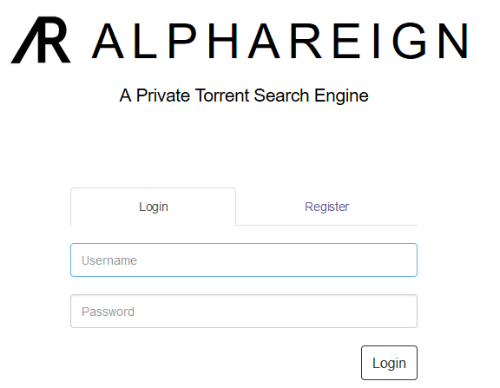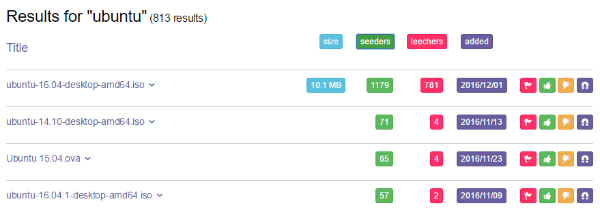Aussie Celebrities Join Campaign to Oppose Fair Use
lundi 5 décembre 2016 à 10:32 Earlier this year, the Australian Government’s Productivity Commission published a Draft Report on Intellectual Property Arrangements. It recommended various amendments to local copyright law.
Earlier this year, the Australian Government’s Productivity Commission published a Draft Report on Intellectual Property Arrangements. It recommended various amendments to local copyright law.
As previously reported, the Commission suggested allowing the use of VPNs and similar technologies to enable consumers to bypass restrictive geo-blocking. It also tabled proposals to lower the length of time content remains protected by copyright and suggested the introduction of fair use exceptions.
Australia currently employs a “fair dealing” approach. Specific exemptions for research or study, criticism or review, parody or satire, news reporting and certain use within legal circles are available. Under a “fair use” arrangement, it’s envisioned that a use would not necessarily have to fall into the categories above to be fair.
“This is one of the key benefits of fair use. Unlike the fair dealing provisions, fair use is not limited to a set of prescribed purposes,” the Australian Law Reform Commission explains.
While the Commission insists that under “fair use” it will still be possible to outlaw instances where infringement undermines the ordinary exploitation of a work, copyright holders are not convinced. They see the introduction of fair use as an erosion of their rights.
For example, Foxtel says that fair use would introduce “significant and unnecessary uncertainty into Australian law” while undermining copyright protection that’s essential for “protecting investment in Australia‘s cultural industries.”
As 2016 enters its final weeks, momentum against fair use is building. A new campaign launched by the Copyright Agency alongside royalties and anti-piracy group APRA AMCOS hopes to convince lawmakers that culture itself is under threat.
The campaign comes in two slightly different flavors “This Song Changed My Life” and “This Book Changed My Life.” It has many Australian celebrities uploading short videos to the campaign site in which they explain how songs and books changed their lives.
“Your choices around how you access creative content can have a real impact. Books, songs, plays, movies, art and even poems are powered by copyright. Copyright helps take our Australian voices, our unique take on life, to the world,” the campaign notes read.
“You can show your respect for creators by pledging to pay for the creations you love, asking before you use other people’s creative work, crediting creators for their work and letting others know that it’s important to you. By showing your respect in this way, you can help an author, musician or artist to keep creating amazing and powerful works for us to enjoy.”
For royalties outfit the Copyright Agency, the introduction of fair use could mean a significant reduction in revenues. Currently the agency collects between AUS$17 and AUS$30 per student per year when teachers copy and share content with their students. Under fair use, arguably that same freedom could be obtained for free.
Author and TV personality Tara Moss told News.com.au that the introduction of fair use would mean that creators have to go to court to protect their rights.
“Court battles are not something most authors can afford, and history tells us that a lot of this style of fair use benefits big companies the most, including tech companies, while smaller businesses and individuals, including writers, lose their rights to fair compensation,” she said.
Following the publication of the government’s Productivity Commission draft in April, the final report detailing all of the proposed changes to copyright law is currently with the government. It’s expected to be tabled in parliament during the first quarter of 2017.
Source: TF, for the latest info on copyright, file-sharing, torrent sites and ANONYMOUS VPN services.
 This week we have four newcomers in our chart.
This week we have four newcomers in our chart.  For well over a decade, there’s been a clear distinction between public indexes and private trackers in the torrent community.
For well over a decade, there’s been a clear distinction between public indexes and private trackers in the torrent community. 

